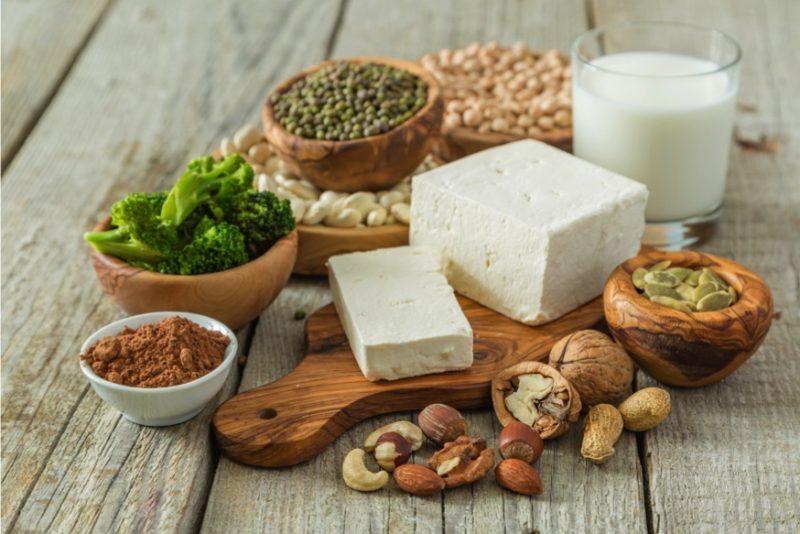“Where do you get your protein from?” is probably the most common question I get asked when I tell people I’m vegetarian.
“It must be really difficult if you don’t eat meat” and the simple answer to this is no, no it’s not difficult at all the get the required amount of protein to maintain a hard training programme when you’re a vegetarian runner.
Below is a list, in no particular order, of 20 vegetarian and plant based foods that are great sources of protein for runners.
1. Avocado
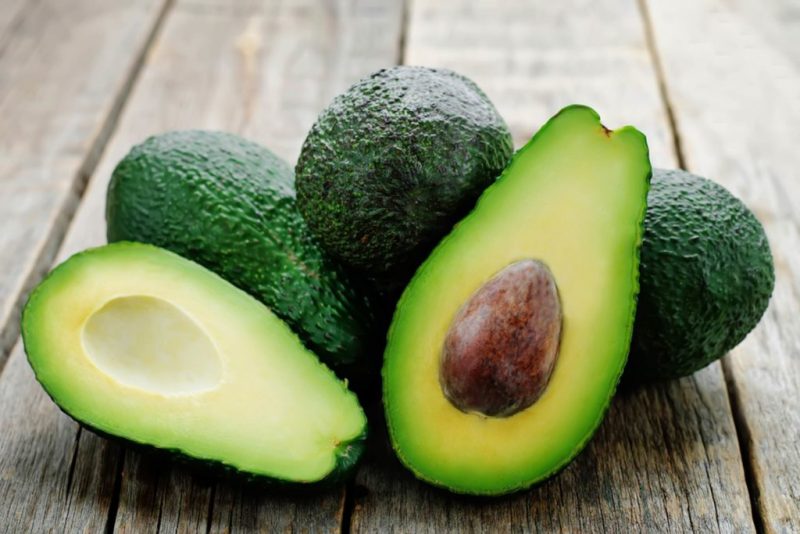
Protein: 2 grams per ½ avocado
Avacados are creamy and very filling, thanks to their bend of monounsaturated fatty acids and a bit of protein. Great on toast as an after run treat. Add in an egg for that extra protein hit.
2. Kidney beans
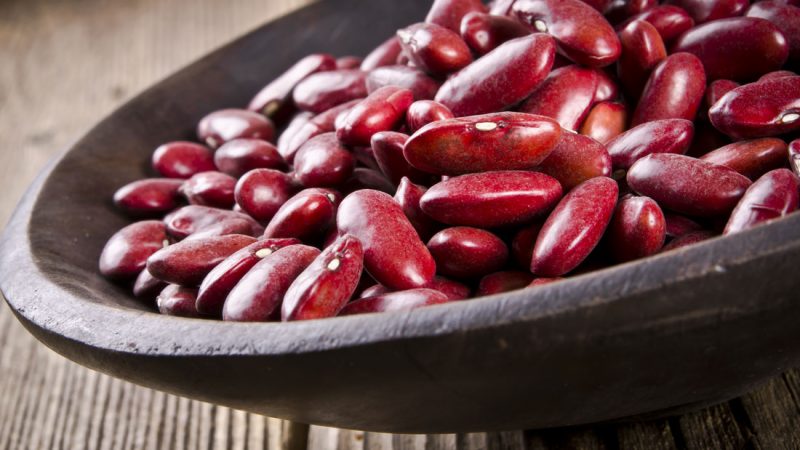
Protein: 24 grams per 100 gram serving
Kidney beans certainly pack a big protein punch for their size. Kidney beans are also a very good source of cholesterol-lowering fiber so as well as lowering cholesterol, kidney beans’ high fiber content prevents blood sugar levels from rising too rapidly after a meal.
3. Pumpkin seeds
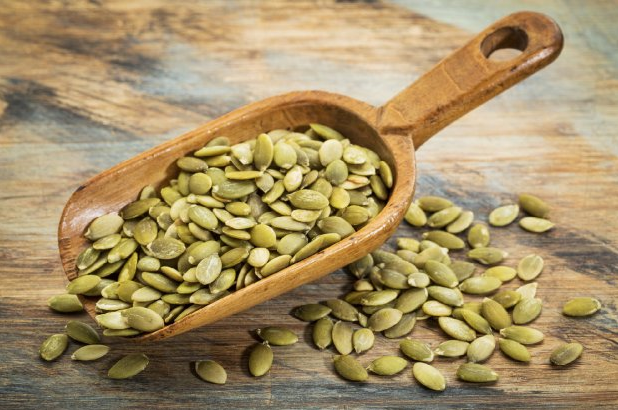
Protein: 5 grams per 30 gram serving
Pumpkin seeds aren’t just a super convenient way to get a dose of satiating protein, they’re total nutrient powerhouses, packing about half the recommended daily intake of magnesium, along with immune-boosting zinc, plant-based omega-3s and tryptophan – which can help ease you into a restful slumber.
4. Cashews
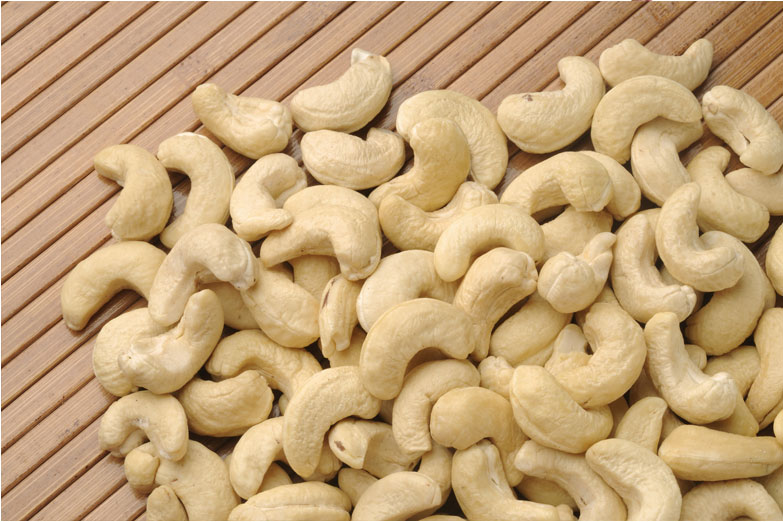
Protein: 5 grams per 30 gram serving
In addition to a decent protein punch, cashews contain 20 percent of the recommended intake of magnesium, along with 12 percent of the recommended intake of vitamin K – two essential bone-building nutrients.
5. Broccoli

Protein: Around 3 grams per 80g serving (cooked)
Broccoli’s not only an awesome source of fibre, its protein content is surprising, too (for a vegetable, anyway). And you can’t go wrong with a vegetable that’s been proven to deliver cancer-fighting compounds like sulforaphane. Up your intake with this warm Asian rice salad.
6. Tempeh
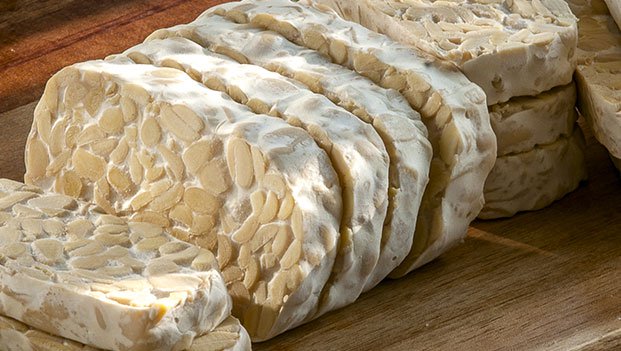
Protein: 16 grams per 85 gram serving
Tempeh is made by fermenting cooked soybeans and shaping it into a dense cake that can be sliced and pan-fried like tofu. It’s nutty, chewy, and packs significantly more protein and fibre than tofu – and some find it easier to digest because it’s fermented.
7. Wild rice
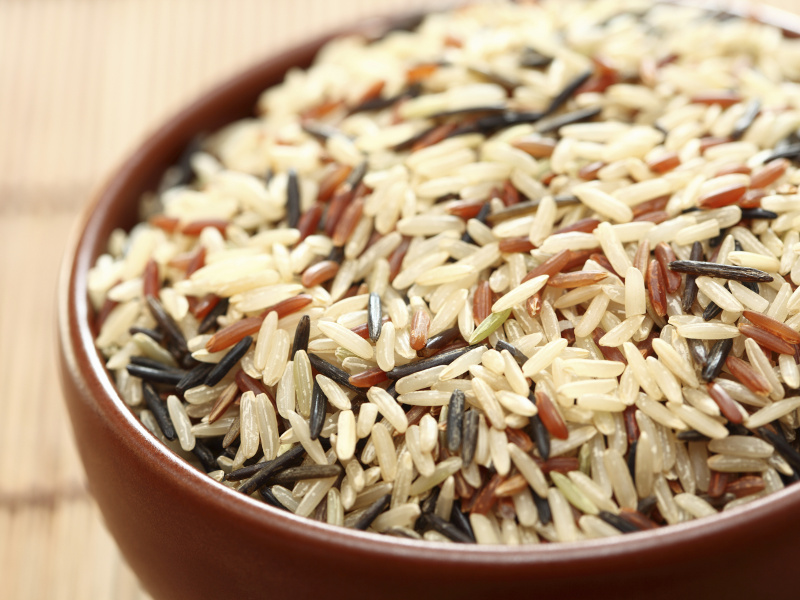
Protein: 8 grams per 200g serving (cooked)
Move over, quinoa. Wild rice is the protein-rich grain you should be gravitating toward. With a nutty taste and slightly chewy texture, it’s way more satisfying, too.
8. Steel-cut oats
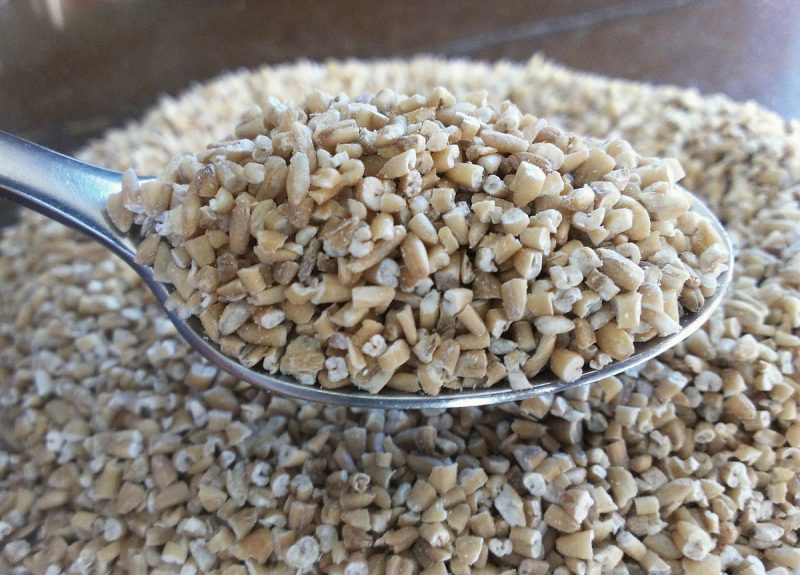
Protein: 5 grams per 30 gram serving (dry)
Steel-cut oats aren’t just a solid source of protein; they also have a lower glycemic index than rolled oats. This means they don’t spike blood sugar as much, so you’re likely to be more satisfied and experience fewer cravings after eating them.
9. Almonds

Protein: 6 grams per 30 gram serving
Along with protein, almonds deliver some serious vitamin E, which is great for the health of your skin and hair. They also provide 61 percent of your daily recommended intake of magnesium, which can help curb sugar cravings, soothe PMS-related cramps, boost bone health, and ease muscle soreness and spasms.
10. Peanuts and peanut butter

Protein: 7 grams per 30 gram serving (or 2 tablespoons of peanut butter)
Not only are peanuts and peanut butter great for munching and whipping up classic childhood comfort food, they’re also super versatile – use them in everything from curries to flapjacks! They’ve also been shown to help you eat less at lunch if you consume them at breakfast – aka the second-meal effect. PB and banana, anyone?
11. Chia seeds

Protein: 4 grams per 30 gram serving
Chia packs a ton of protein in those pint-sized seeds, which are also a great source of alpha-linolenic acid (ALA), a type of plant-based omega-3 fatty acid. Bonus: Omega-3s help stimulate the satiety hormone leptin, which signals your body to burn these fats instead of storing them.
12. Black beans
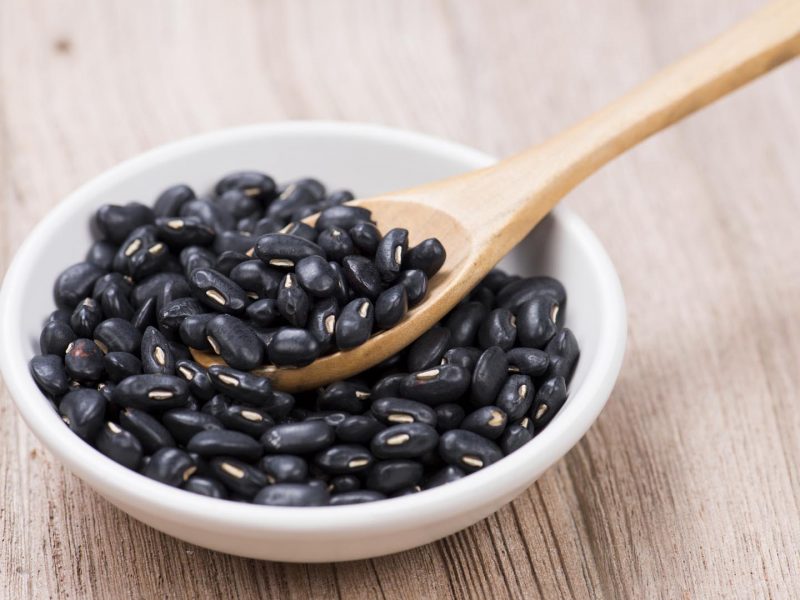
Protein: 7.6 grams per 85 gram serving (cooked)
Black beans are also packed with heart-healthy fibre, potassium, folate, vitamin B and a range of phytonutrients.
13. Spinach

Protein: 4 grams per 100g serving (cooked)
Sure, 4 grams may not sound like a lot, but for a green vegetable it is. Still, don’t just make a salad and call it a day. Cooking this green is the secret to upping its protein content.
14. Lentils

Protein: 9 grams per 100 gram serving
Low-cal, high-fibre and high-protein lentils can be morphed into a nutrient-dense side dish, veggie burger or even whipped into a houmous-like dip. Bonus: They’ve been shown to lower cholesterol and reduce risk of heart disease.
15. Tofu

Protein: 8 to 15 grams per 85 gram serving
Tofu is a classic vegetarian blank slate made from curdled soymilk. It can be pan-fried, sautéed in a stir-fry, and even scrambled. Other meat alternatives are more protein packed but its taste is much nicer. Avoid genetically modified soy with it’s funky pesticides and opt for organic varieties
16. Chickpeas
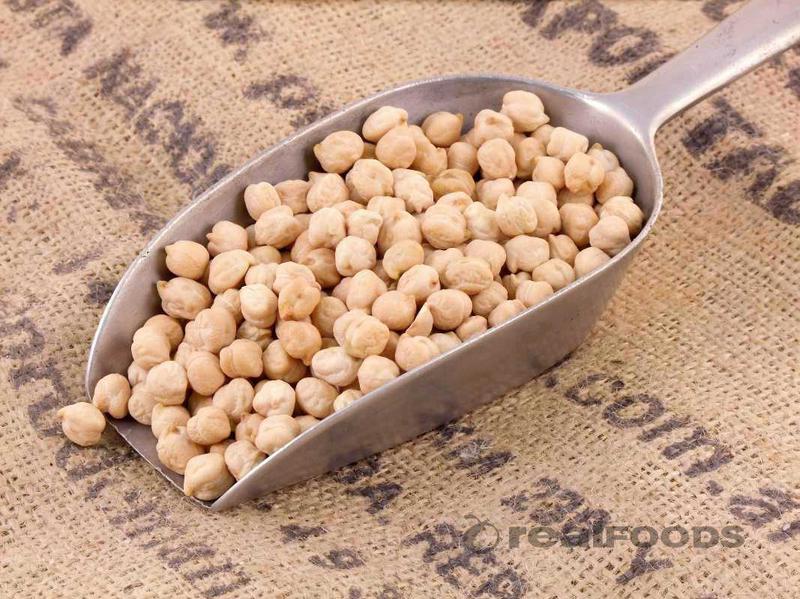
Protein: 6 grams per 120g serving
Permission to eat all the houmous – well, maybe not all of it, but the combo of protein and fibre in chickpeas make for one healthy dip.
17. Butter beans
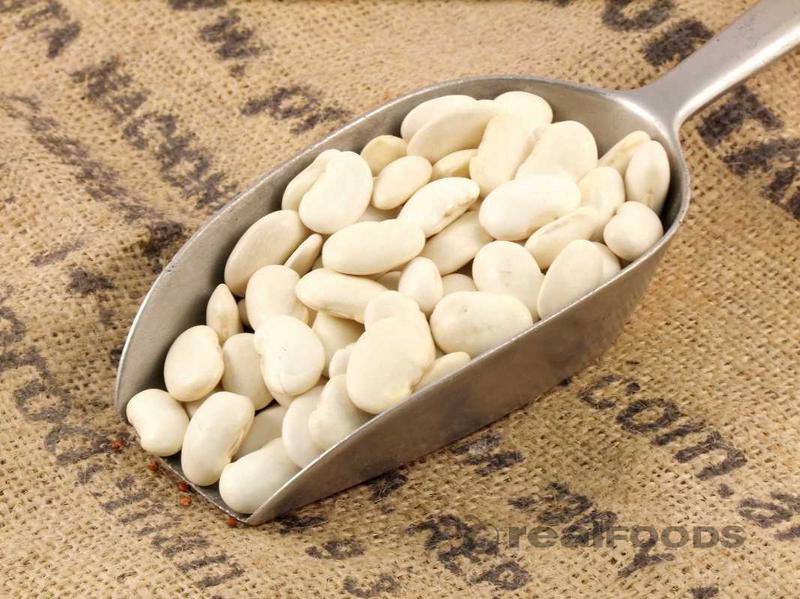
Protein: 7.6 grams per 85 gram serving (cooked)
In addition to filling protein, butter beans contain the amino acid leucine, which may play a big role in healthy muscle synthesis among older adults.
18. Soy beans

Protein: 18 grams per 150 gram serving (cooked)
Talk about healthiest snack ever – just a small portion of edamame (or cooked soybeans) packs a huge protein punch.
19. Quinoa

Protein: 8 grams per 150 gram serving (cooked)
Quinoa’s known for its high protein content, and with good reason. It contains eight grams of protein per cup. Also, it’s considered a complete protein so it packs all nine essential amino acids your body needs.
20. Potatoes

Protein: 4 grams in 1 medium white potato
Another stealth source of protein! Despite having a reputation for being pretty much devoid of all nutrition, a medium-sized spud actually contains a good bit of protein, along with about 20 percent of the recommended daily intake of heart-healthy potassium.
